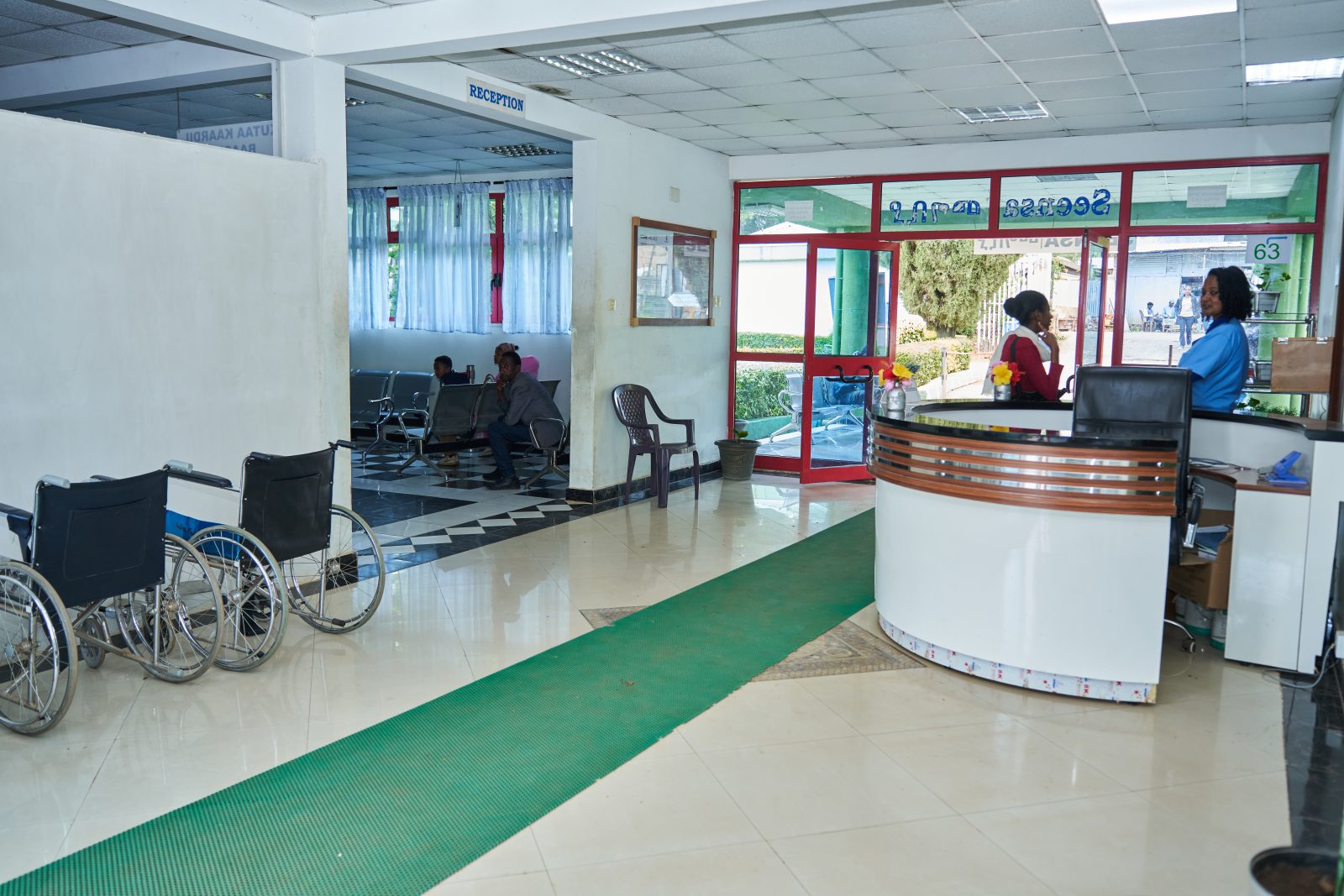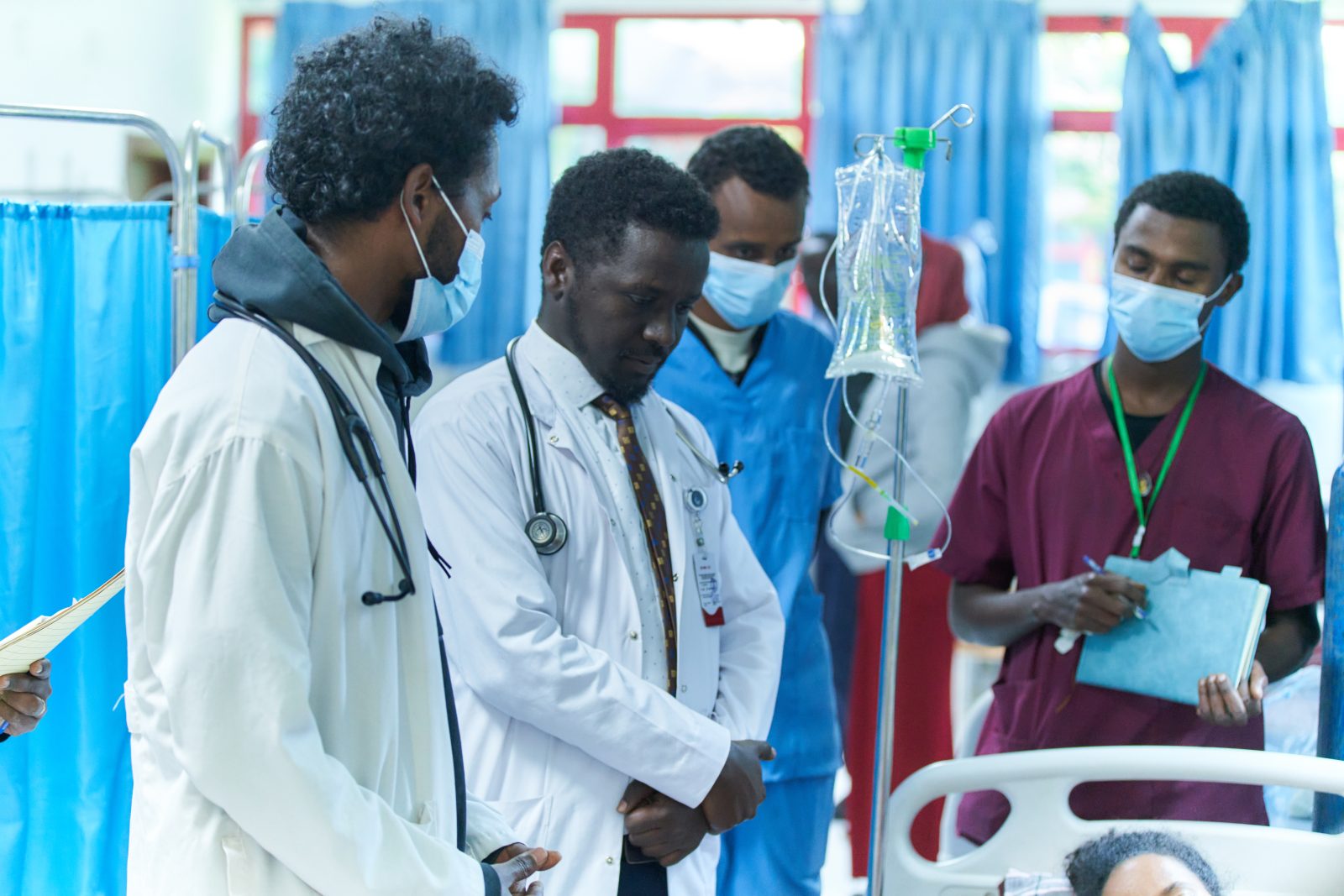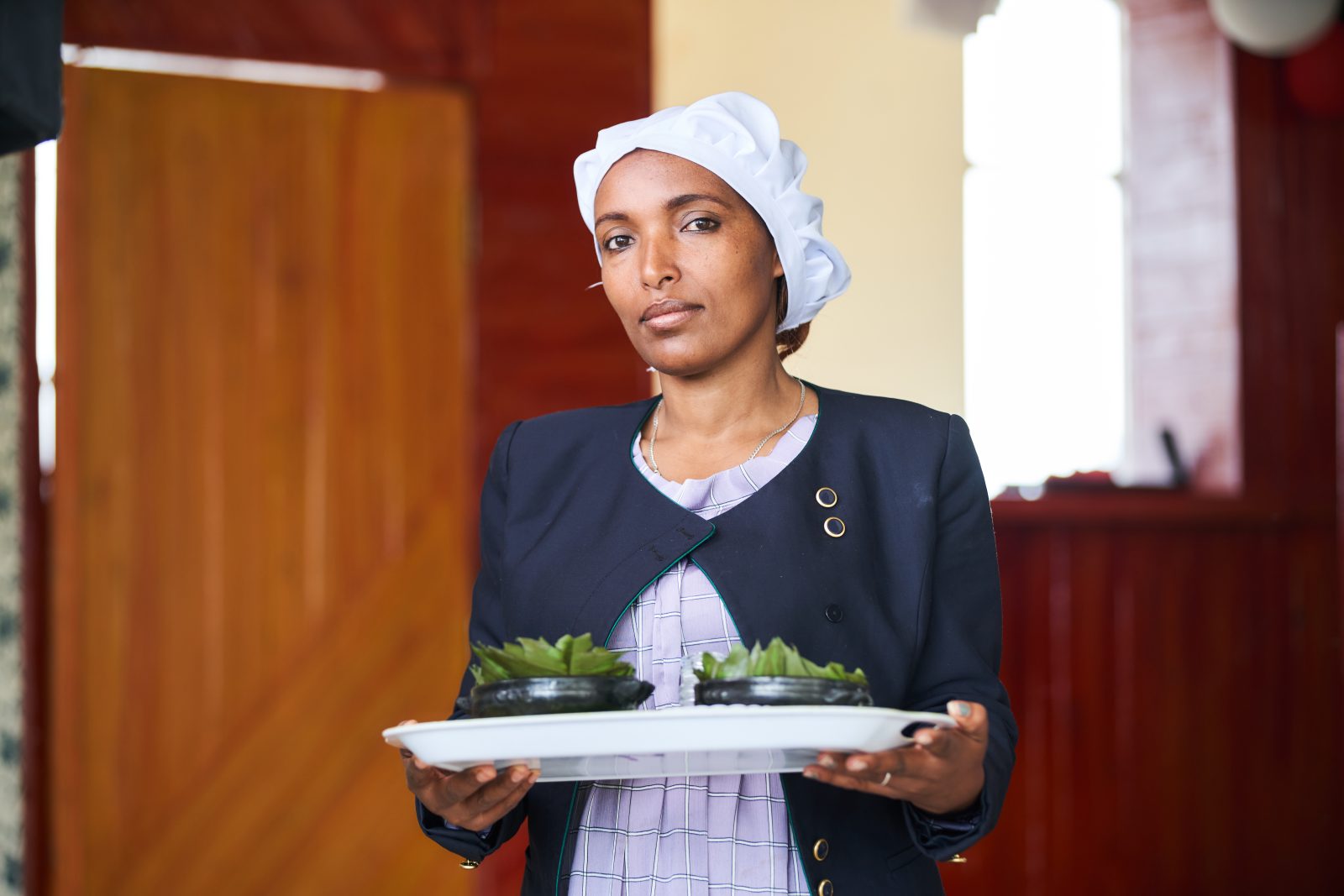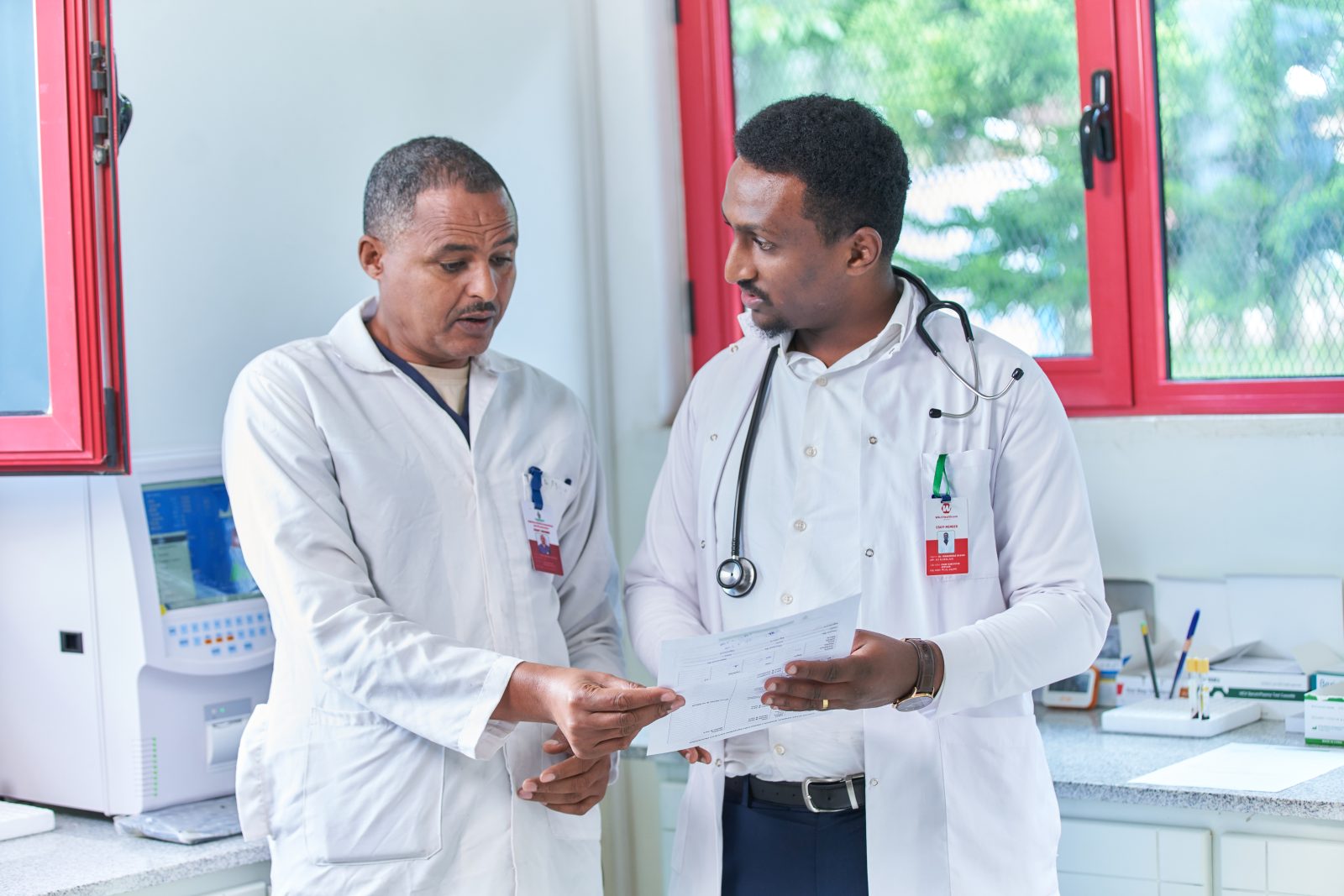Since the National Bank of Ethiopia last issued a health insurance license.
Customers registered for Efoy 1.0, Saglan Wajee’s first micro-health insurance product, in its first year.
Fee reduction automatically applied to insured patients’ fees at Saglan Wajee Hospital, greatly enhancing customer satisfaction and perceived value of their health insurance.
Per child and 800 birr (8 USD) per adult were the initial annual premiums for Efoy insurance, making it accessible to low- and middle-income families in the community.
Additional patients were reached after upgrading to Efoy 2.0, indicating significant growth and improved outreach after gaining insights from the BimaLab program.
Is the target timeframe for Saglan Wajee to become the biggest risk holder for healthcare in the regional market, with ten years as the goal to compete with major players like Jubilee and AAR.
In rural Ethiopia, many families face significant financial barriers to accessing healthcare. Saglan Wajee General Hospital in Holeta Town, Oromia, is poised to change this narrative by becoming the country’s first full-fledged health insurance provider. Through the support of FSD Africa’s BimaLab Insurtech Accelerator Program, Saglan Wajee aims to offer affordable and comprehensive health insurance, transforming the local healthcare landscape for underserved communities. The hospital’s CEO, Dr. Yeraeifirae Sileshi (Dr. Raei), emphasises the importance of insurance in ensuring that quality healthcare is accessible to all, regardless of financial status.

BimaLab provided Saglan Wajee with essential venture-building support, including exposure to successful insurance companies like Jubilee and AAR in Kenya. This program facilitated critical connections, particularly with the National Bank of Ethiopia, which had not issued health insurance licenses for 14 years following the failure of an earlier initiative. After participating in BimaLab, Saglan Wajee was granted a license, enabling it to launch its insurance product, Efoy.


Initially introduced as Efoy 1.0, this micro-health insurance product was designed for low- and middle-income families, covering a broad range of medical services with minimal financial burden.The impact of Efoy has been profound. In its first year, the product attracted over 1,200 customers. By upgrading to Efoy 2.0, Saglan Wajee has expanded its coverage, offering segmented services for chronic patients, families, and individuals.

Café owner Nurae Gutu Chala and her family were among the early adopters, paying as little as 400 birr (4 USD) per child annually. Despite premium increases to 960 birr (9.5 USD) per child, Nurae’s family continues to renew their policy, appreciating the additional services such as MRI and medication coverage. The upgraded Efoy 2.0 has already reached 900 new clients, demonstrating significant growth and increased community trust.

Dr. Raei’s vision for Saglan Wajee is deeply personal, rooted in his experiences studying and working in China and Ethiopia. Inspired by China’s health insurance model, which covers 95% of patients, he returned to Ethiopia determined to address the glaring disparities in healthcare access. Through BimaLab, Dr. Raei gained valuable mentorship and insights, enabling him to build a sustainable insurance model. Looking ahead, Saglan Wajee plans to expand its insurance network, integrating 130 health facilities and launching a new branch in Addis Ababa. Dr. Raei’s ultimate goal is to establish Saglan Wajee as a leading competitor in the regional insurance market, driving a revolution in healthcare access across Ethiopia.
2025 © FSD Africa
Designed and developed by Smith Aegis